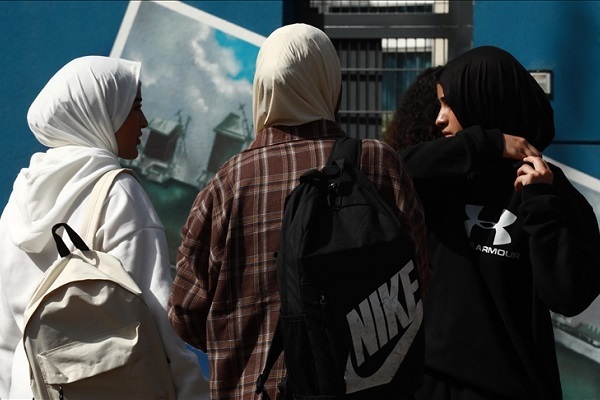French High Court Rejects Appeal Against Abaya Ban

In a statement on Monday, the court said it deemed “legal” the ban which bars students from wearing abaya, a loose, full-length robe worn by some Muslim women.
Last week, the Sud Education Paris, La Voix Lyceenne and Le Poing Leve Lycee unions in France filed an appeal against the ban.
The ban has sparked outrage among the Muslim community in France.
Observers have pointed to the political aspects of the ban as well as its intention to target the growing Islam in the European country.
“This [Abaya ban] is directly targeting Islam, demanding that Muslims bow to secular demands, undermining their belief.” Eric Walberg told IQNA.
“The elite sees that Islam is the only faith that is robust, producing healthy, moral citizens. They fear that Europe will slowly be Islamicized as more immigrants come and shape European culture in moral terms away from its present moral decay,” he added.
France has justified its decision by claiming that it was necessary to “maintain secularism” in education.
On Aug. 31, Vincent Brengarth, a lawyer for the Muslim Rights Action (ADM), filed an appeal with the Council of State to seek the suspension of the ban on the abaya which he said violates "several fundamental freedoms."
On Sept. 7, the Council of State rejected the ADM's appeal, saying: "This ban does not seriously violate and is not manifestly illegal to the right to respect for private life, the freedom of religion, the right to education."
The decision has been challenged by many, with some 300 girls arriving at schools wearing abayas on the very day the ban was scheduled to enter into force.
In defending the controversial ban, President Emmanuel Macron has claimed that it is important to avoid the “misuse of religion to challenge the republic and secularism.”
Wearing a headscarf in public schools has been banned in France since 2004.
Source: Agencies



